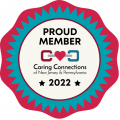Join a Research Study

Clinical Trials for Depression
It is normal to experience stress, anxiety, dissatisfaction, or insomnia at some point in life, but for individuals with depression, these feelings become a persistent state rather than occasional occurrences. People with depression find it difficult to escape these negative feelings.
When negative feelings such as unhappiness, anxiety, or despondency begin to control your life, it is important to seek help. However, it is important to note that seeking help does not always lead to complete recovery.
Signs & Symptoms of Depression
Understanding the Signs and Symptoms of Depression
It is common to feel sad at times due to the normal ups and downs of life, such as a relationship ending or career setbacks. This can lead to feelings of loneliness and sadness. However, when the symptoms of depression start to negatively affect your overall well-being, it is important to take action and seek help.
Symptoms of depression in adults and teenagers may vary, with some similarities. Clinical depression can manifest in both physical and behavioral symptoms.
What Are the Main Signs of Depression in Adults?
Difficulties with concentration and memory retention can be a symptom of chronic depression. Other mental symptoms of depression include loss of interest in activities that were once enjoyable, including sexual activities.
Additional symptoms include:
- Extreme eating, either overindulgence or avoidance
- Ongoing anxiety, sadness and feelings of worthlessness
- Chronic aches and pains that don’t have an identifiable origin and are treatment-resistant
- Bouts of irritability, restlessness and guilt; helplessness
- Fatigue
- Digestive difficulties
- Pessimistic attitude toward life and/or the world
Symptoms of Depression in Teens
Teenagers may experience similar symptoms as adults with depression, but there are also certain signs that are specific to adolescent depression, such as:
- Apathy
- Irresponsible or rebellious behavior, including skipping class or assignments
- Promiscuity
- Use of alcohol or mind-altering substances
- Preoccupation with death
- Erratic sleeping patterns including staying up all night
Depression Treatment
Effective Treatments for Depression
There are numerous different ways to cure depression. Medication use is accompanied by individual, family, or group therapy sessions as adjunct therapies. Both kinds of therapy sessions are sometimes applied. Adjunct therapies are designed to be used in addition to other therapies in order to maximize the advantages that each one provides. While they can be used separately, using them together yields the best results.
One-on-One Therapy Sessions
Patients can get the individualized attention they require during one-on-one therapy sessions. In order to achieve the desired emotional outcome and keep a positive outlook that is beneficial to managing behaviors that are connected with depression, anxiety, and panic disorders, this makes sure that the patient and the specialist are both on the same page. Depression sufferers may not only negatively impact their own lives, but also the lives of those they care about. It will make everyone more unified with the treatment plan if you take the time to individually teach a patient how to deal with their behavioral changes and subsequent depression therapies.
TMS Therapy Sessions
TMS therapy, also known as transcranial magnetic stimulation, is a non-drug option for treating depression. We have developed a softer, non-invasive method to treat the symptoms of depression by stimulating brain nerve cells using magnetic fields. This form of therapy is a secure, non-systemic procedure that uses TMS while the patient is fully conscious.
Medications
Anxiolytics and other anti-depressant drugs are the most frequently used to treat depression and anxiety disorders, despite the fact that there are many different types of psychiatric pharmaceuticals. Anxiolytics primarily aid in the regulation of anxiety-related behaviors.
Antidepressants primarily target norepinephrine and serotonin. The neurotransmitters serotonin and norepinephrine are both known to have an impact on brain regions related to depression.
Most of the time, it takes a patient up to two weeks to start noticing any effects. Regular usage of the drugs can regulate the chemical balance in the brain and help lessen the symptoms and signs of depression. Regular medication use and attendance at individual, family, or group therapy sessions help patients overcome many of the problems they were dealing with before starting treatment.
About the Study
Subjects with depression are now being enrolled in research projects at our research centers. Those who are eligible for study are given free access to all necessary appointments, blood work, study medications, and procedures, including physical exams. Participants who meet the requirements will be paid for their time and travel. When dialing the phone number of your nearest site, interested parties can speak with someone without obligation about additional eligibility requirements. For methods to contact us regarding this study, please visit our contact page.
More Information
You might be qualified to take part in a study if you or someone you know struggles with depression. Our research aims to evaluate the efficacy and safety of an investigational medication for the treatment of disease. Please get in touch with us for additional details.


